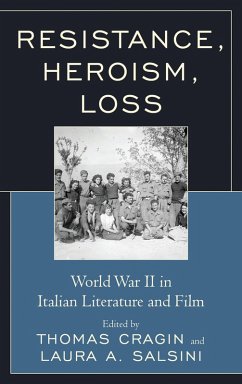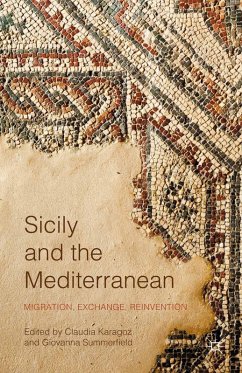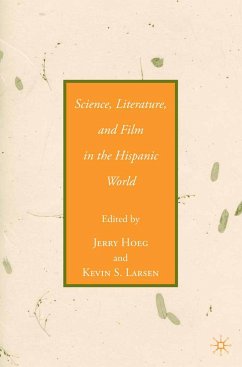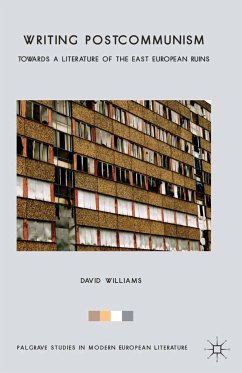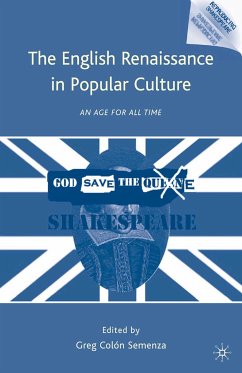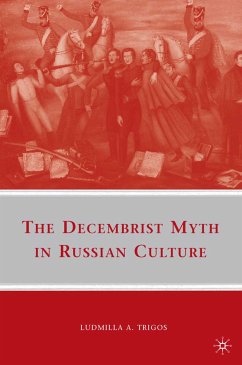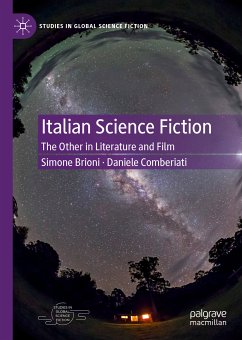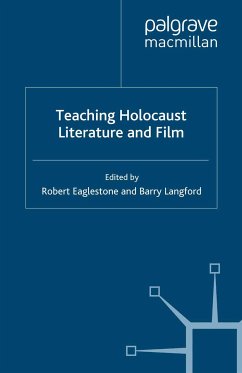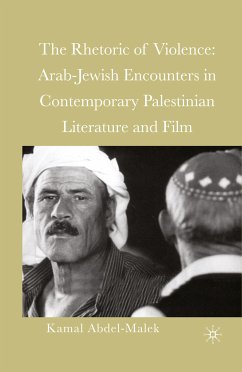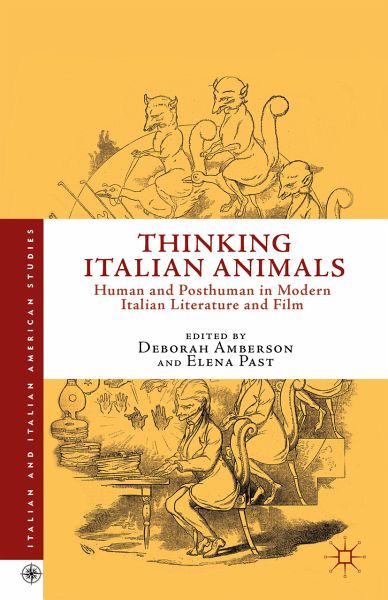
Thinking Italian Animals (eBook, PDF)
Human and Posthuman in Modern Italian Literature and Film
Redaktion: Amberson, D.; Past, E.
Versandkostenfrei!
Sofort per Download lieferbar
40,95 €
inkl. MwSt.
Weitere Ausgaben:

PAYBACK Punkte
20 °P sammeln!
This bracing volume collects work on Italian writers and filmmakers that engage with nonhuman animal subjectivity. These contributions address 3 major strands of philosophical thought: perceived borders between man and animals, historical and fictional crises, and human entanglement with the nonhuman and material world.
Dieser Download kann aus rechtlichen Gründen nur mit Rechnungsadresse in A, B, BG, CY, CZ, D, DK, EW, E, FIN, F, GR, HR, H, IRL, I, LT, L, LR, M, NL, PL, P, R, S, SLO, SK ausgeliefert werden.




